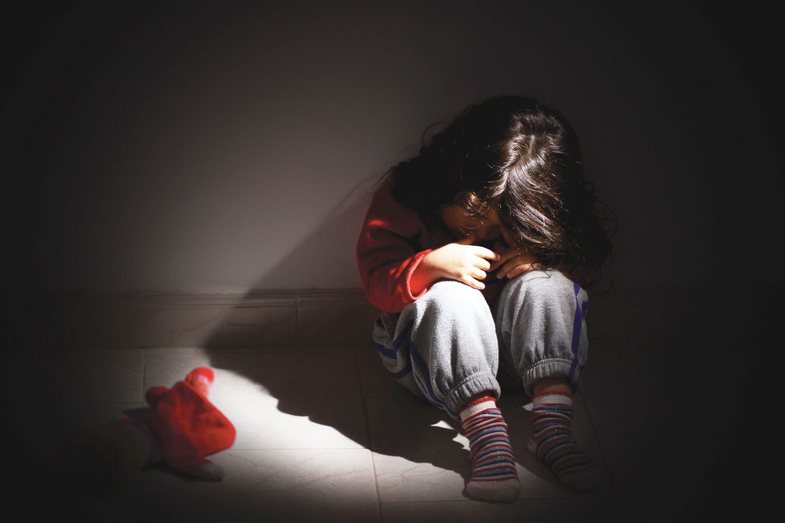
Experiencing a trauma can leave you with dramatic mental and physical consequences.
When we are threatened with something, the body activates the stress response. This kind of response occurs both in the body and in your brain.
The acute stress response is preparation for an emergency. Adrenaline and other hormones are released. The body shuts down processes related to long-term care. When threatened, reproduction, digestion or other body functions become irrelevant.
That's because the urgency is survival. Increased blood sugar levels allow for increased muscle energy. Increased cortisol acts against pain or inflammation. Blood pressure also increases. During emergencies, increased levels of endrophin cause one to ignore physical pain.
All these effects the body gives through the symptoms of stress such as: rapid heartbeat, body vibration, sweating, internal heat, nausea, irregular breathing.
Of course, all of these are associated with psychological consequences such as: negative thoughts, restlessness, difficulty sleeping, problems with concentration, feelings of guilt or judgment, irritability and anxiety that accompany you for a long time.
You can read: How to relieve child anxiety after earthquakes
After such a tragedy: How trauma affects a relationship





